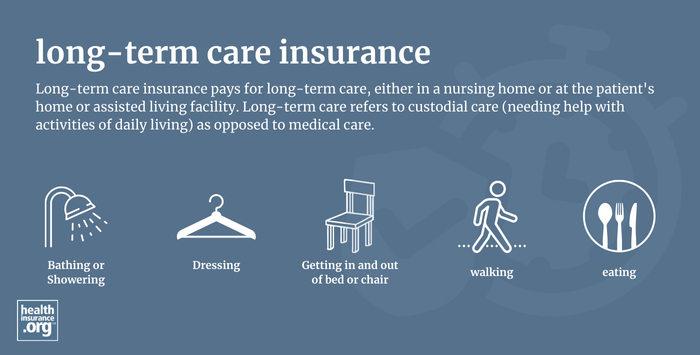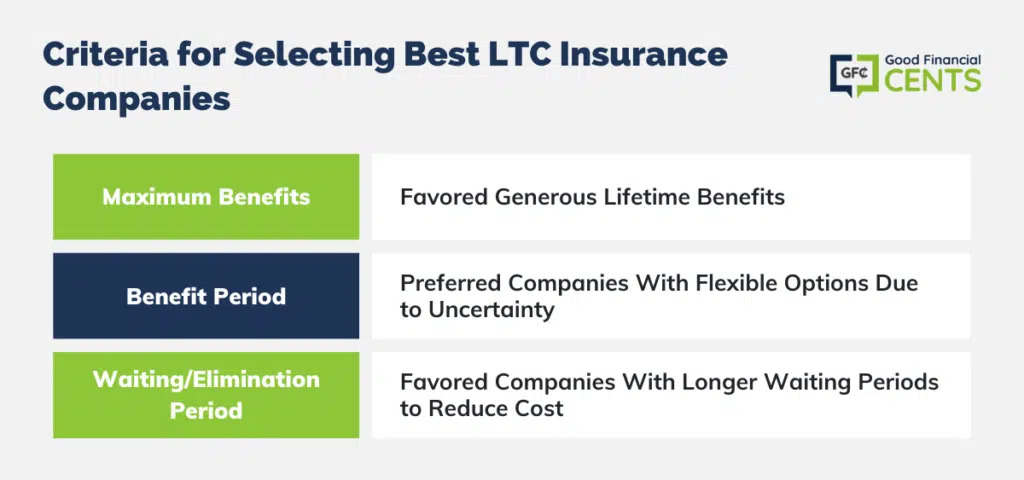When you look at it alongside other careers, the financial journey for doctors is pretty unique. A medical career often offers impressive earning potential that can lead to considerable wealth down the line. That said, it usually takes quite a while for those earnings to kick in, thanks to the many years spent on education and residency training. Therefore, a physician’s financial plan often requires thoughtful strategies for both protection and growth.
An area that is sometimes missed is long-term care (LTC) planning. LTC insurance is meant to guard against the financial burden LTC services provide, such as spending for assisted living, nursing home care, or in-home health aide services.
Given the rising cost of long-term care, an unexpected need for these services can severely impact even a well-established financial plan.
With this blog, we will look into whether LTC insurance is a wise choice for physicians by evaluating the pros and cons of LTC insurance, exploring other options, and determining when to purchase LTC insurance to ensure financial freedom and peace of mind.
Understanding Long-Term Care Insurance
At its most basic definition, long-term care insurance is a policy that helps cover the costs associated with extended care services, which are not usually addressed by conventional health insurance policies.
Unlike medical care focused on the treatment of a disease, LTC services help the individual with daily activities such as bathing, dressing, and eating in the home or in facilities such as nursing homes and assisted living facilities.
LTC insurance generally covers:
- In-home health aides
- Adult day care services
- Assisted living facilities
- Nursing homes
- Hospice care

A common misconception is that Medicare and long-term care go hand-in-hand. However, Medicare only covers short-term rehabilitative stays and limited home health care under specific conditions. It does not cover custodial long-term care. Similarly, Medicaid does cover LTC but is needs-based, meaning individuals must deplete nearly all their assets to qualify.
Understanding these gaps highlights why physicians, who often have significant assets, need to look beyond traditional health coverage when planning for their long-term well-being.
![]()
The Financial Realities of Long-Term Care
It is quite common to need long-term care, as studies suggest that around 70% of people over the age of 65 will need some type of LTC services in their lifetime. This fact makes the cost of long-term care more concerning.
Here’s what the average long-term care cost looks like today in the U.S.(source)
- Home health aide services: $6,000–$7,000 per month
- Assisted living facilities: $5,500–$6,000 per month
- Nursing home (semi-private room): $8,000–$10,000 per month
- Nursing home (private room): $9,500–$11,000 per month
For physicians who have diligently built up wealth, relying on Medicaid is not a realistic option. Medicaid eligibility requires spending down assets to often below $2,000 in most states. This process, known as “asset depletion,” could erase years of careful physician financial planning and severely impact the ability to pass on a financial legacy.
Considering these realities, proactive retirement planning for physicians must include evaluating how best to prepare for potential LTC expenses.
Pros of Purchasing LTC Insurance
One of the considerations among doctors on buying long-term care insurance is that it leaves them with some of the following benefits:
- Protection of accumulated assets: LTC insurance helps shield the wealth you have worked hard to build, ensuring that the high cost of long term care doesn’t erode your financial security.
- Reducing the financial and emotional burden on family: Thoughtful planning can spare family members from having to make tough caregiver decisions and avoid financial difficulties.
- Potential tax benefits: In some cases, LTC insurance premiums may be tax-deductible, providing additional financial advantages.
- Peace of mind: Knowing that quality care is financially accessible allows you to focus on enjoying your retirement years without compromising your long-term financial goals.
When combined with these advantages, LTC insurance will be highly valued in physician financial planning.
Cons and Considerations
However, it’s essential to evaluate the LTC insurance pros and cons thoroughly:
- High premium costs: Buying long-term care insurance can be pricey, particularly if purchased later in life because of the added risks to health.
- Possibility of never needing it: It’s possible that you might not require the services, which means you could spend years paying without ever needing to utilize them.
- Complex policy structures: Long-term care policies (LTC) can be complicated, having different coverage levels, elimination periods, and benefit durations. One drawback is that premiums may increase over time, depending on the policy’s structure.
- Self-insuring as an alternative: Some physicians, given their high earnings and accumulated savings, may consider self-insuring long-term care as a viable strategy, though this requires a strong, disciplined financial foundation.
Balancing these factors is key to making an informed decision that supports your broader retirement planning for physicians’ strategy.
![]()
Evaluating the Need: Physician-Specific Factors
Before making a decision on LTC insurance, physicians need to take the following personal factors into consideration:
- Personal and family health history: If you have a family history of chronic illness, dementia, or mobility issues, the likelihood of needing long-term care increases.
- Financial readiness to self-insure: If your financial portfolio can absorb potential LTC costs without significantly impacting your retirement lifestyle or estate plans, self-insuring might be feasible.
- Desire to leave a financial legacy: If you want to leave an inheritance, getting long-term care insurance can help safeguard your assets from being eaten up by healthcare costs.
- Availability of support systems: If family members are willing and able to provide care, it could affect the level of professional services you would require.
Each physician’s situation is unique, making an individualized assessment crucial to deciding whether to invest in LTC coverage.
Alternatives to Traditional LTC Insurance
If you are not comfortable with traditional policies, these alternatives may aid in managing the financial risks related to long-term care:
- Hybrid policies: Some life insurance plans come with riders that cover long-term care services when you need them. If you end up not using the long-term care benefit, the death benefit gets paid out to the beneficiaries you choose.
- Health Savings Accounts (HSAs): Funds saved in an HSA can be applied tax-free to pay for some qualified medical expenses, which may include certain long-term care services.
- Annuities with LTC riders: Certain annuities offer LTC benefits if care is needed, blending retirement income with potential LTC coverage.
These options tend to be more flexible and can, at times, be more economical, particularly for individuals who worry about spending too much on a service they may never actually use.
Timing and Purchase Considerations
LTC insurance is one consideration that has critical timing, especially while deciding on when to buy.
- Optimal age: Generally, the sweet spot falls between the ages of 50 and 60. At this stage of life, premiums are lowest, and insurability is better owing to a good health status.
- Health status impact: Some existing health conditions may mean you cannot obtain coverage or will have to pay considerably more for your plan.
- Shopping around by: comparing policies from different providers and speaking with a qualified financial planner who specializes in physician financial planning is highly important.

Starting the process early can make a significant difference in affordability and the range of available options.
Long-term care insurance can play an important role in protecting a physician’s financial future. With the rising cost of long-term care and the limitations of Medicare and long-term care coverage, it is essential to proactively plan for the unexpected.
Whether you choose traditional insurance, alternative products, or self-insure for long-term care, the decision should align with your personal financial goals, health outlook, and family circumstances. Consulting with a professional experienced in retirement planning for physicians is highly recommended.
By evaluating your options early and thoroughly, you can ensure that your financial legacy and personal well-being are well-protected.